
9 minute read
Review of the year
by FIDIC
A busy and unprecedented year of steady progress
The 2019-20 year under review by the report has been a busy one for FIDIC that has seen the organisation increase its profile and influence across a number of areas. October 2019 saw the signing of a major agreement with the European Bank for Reconstruction and Development (EBRD) for the international funding organisation to include the use of nine FIDIC standard contracts for the next five years for projects that they finance. The move was a landmark development for FIDIC and the EBRD as not only did the bank agree to promote the use of FIDIC contracts in their country of operation, they also indicated their interest to enter into an agreement with FIDIC to provide certified training on FIDIC contracts on a project-by-project basis in their ever-increasing countries of operation. November saw the arrival of Daduna Kokhreidze as FIDIC’s new head of legal and compliance, a key appointment for the organisation as it includes advising the chief executive and president on the delivery of internal organisational matters including corporate governance, FIDIC by-laws and statutes, risk management and compliance requirements for the organisation and its global operations. Daduna has already made a difference since her arrival and her experience in the global construction and consultancy sector is benefiting FIDIC and its stakeholders and she is now a key member of the senior management team.
Also, in November, FIDIC announced that the Asian Infrastructure Investment Bank had signed a licence agreement use FIDIC standard contracts for the next five years. The move, to allow the bank to incorporate FIDIC forms of contract into its suite of standard tender documents currently under development for use by the bank’s clients, represented another significant development in strengthening FIDIC’s relationships with the banks and the
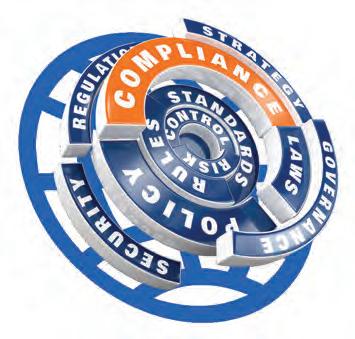
international funding institutions.


December was another busy month for FIDIC that began with the launch of a new Conditions of Subcontract for Plant and Design-Build to add to its popular suite of construction contracts. The Yellow Book Conditions of Subcontract was launched at FIDIC’s International Contract Users’ Conference held in London, an event which also witnessed the unveiling of the first-ever winners of the FIDIC Contracts Awards. The new awards recognise excellence in the use
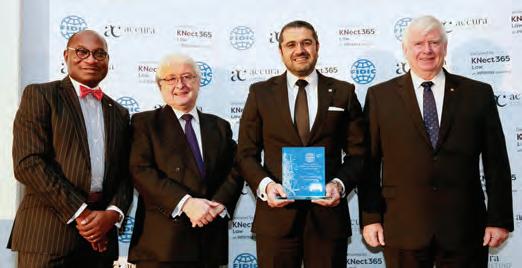
of FIDIC contract forms for project delivery and showcase examples of good practice through collaboration from across the world. Seven awards were handed out in London at a gala dinner event that brought FIDIC contract users together and raised the profile of this important global community.
December also saw FIDIC endorse CoST, the Infrastructure Transparency Initiative, the leading global initiative improving transparency and accountability in public infrastructure. FIDIC’s decision would see both organisations work together in the global fight against corruption and a pledge by FIDIC to encourage its regional groups and 102 global member associations to examine how the CoST approach could potentially serve as a catalyst for improved practices in their national markets by raising awareness and providing best practice information. As FIDIC president Bill Howard said at the time: “Corruption has no place in the infrastructure sector or anywhere else and FIDIC is proud to be playing its part in rooting it out.”
The start of 2020 saw no let up in FIDIC’s work with the multilateral development banks with January bringing news that the African Development Bank had signed a five-year agreement to use FIDIC standard contracts. Commenting

on the agreement, Frank Mvula, the bank’s director of fiduciary services and inspection, said: “We are glad to have concluded an agreement with FIDIC that would enable us to incorporate FIDIC contracts in some of our standard bidding documents. There is no doubt that the use of FIDIC contracts is a step towards enhancing equity and fairness as well as efficient and effective contract management as emphasised under the bank’s new procurement framework.”
January also saw FIDIC’s president and chief executive highlighting the need for global action on climate change in the wake of the bushfires which caused devastation and loss of life across Australia. In a joint public statement, Bill Howard and Nelson Ogunshakin said that the tragic events were “a clear indicator of the seriousness of the problems brought by climate change and the compelling need to do more to find solutions”. Accordingly, FIDIC announced that it was beefing up its sustainability expertise by seeking talented individuals to join its sustainable development committee to help bolster its efforts to tackle climate change.

China also took centre stage in January with the signing of a memorandum of understanding with the China Association of International Engineering Consultants to improve collaboration between international and Chinese businesses across a number of key areas and improve the competence of Chinese consultants in planning, design and the management and application of FIDIC contracts. The month also saw FIDIC strengthening its connections and influence with the Chinese construction sector as chief executive Nelson Ogunshakin visited Beijing for a series of high-level meetings with consultancy and contracting organisations and other industry bodies. The end of the month saw another major step forward with the news of a signing of a major translation and publishing licence agreement with Beijing-based China Machine Press, to enable FIDIC construction contracts and other key documentation to be translated and published in Chinese.
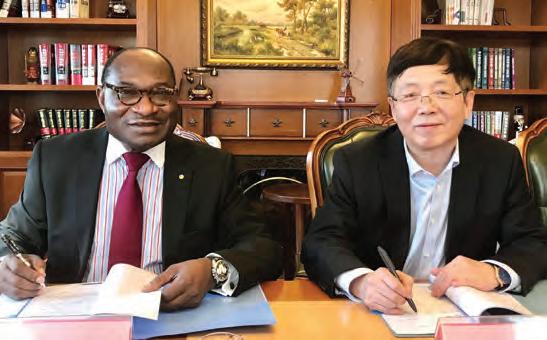
February saw the announcement of a new chair and new members of FIDIC’s influential contracts committee and also the publication of the fifth issue of the FIDIC Contract Users’ Newsletter, now firmly established as a key publication for the international contracts sector. The front cover the issue was headlined “A busy year ahead for FIDIC contracts”, which given subsequent events was somewhat prophetic as things turned out.

March saw everything change, as the coronavirus pandemic hit the world. Writing for the FIDIC website as lockdown measures were introduced in country after country, FIDIC’s chief executive Nelson Ogunshakin predicted that the outcome of the global challenge “will change the way society behaves, taking the interconnectivity between nations to higher level and fundamentally transforming the world’s outlook on how we deal with similar global challenges in the future”. FIDIC responded to the unprecedented crisis by organising an extraordinary board meeting via Zoom to discuss the ramifications of the growing pandemic and how FIDIC should tailor its response in the light of the developing international events. The FIDIC International Infrastructure Conference due to take place from 13-15 September 2020 in Geneva was postponed and the board endorsed an 18-date series of Covid-19 webinars to help inform and support the industry through the crisis (see report on page 26-27).

Still in March, FIDIC produced urgent guidance to help support its member associations and consulting engineering firms. A guidance document, Coronavirus (COVID-19): FIDIC Guidance for Global Consulting Engineering Businesses ,
included information to assist firms in informing their response to the global pandemic and offering helpful guidance to businesses covering what boards and management teams should do, as well as useful information on staff and salaries and cash flow. FIDIC also published essential guidance for its contract users with the launch of guidance memorandums for users of FIDIC standard forms of works contract and for on-site working and project team organisation. To further assist and inform the industry during the crisis, in March FIDIC’s bi-monthly CEO’s Update moved to a weekly publication.
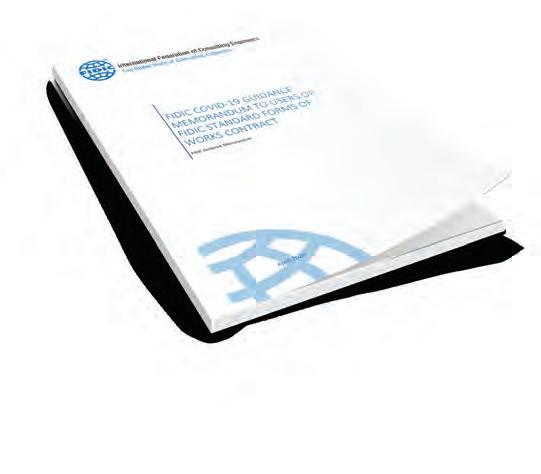
April and May saw thousands of industry professionals attending FIDIC’s Covid-19 online webinar series which was now in full swing. The event on alternative dispute resolution was attended by almost 1,000 participants as the thirst for information and knowledge on how to respond to the pandemic grew to enormous and unprecedented levels. FIDIC certainly stepped up to the plate with its response to the pandemic, with all its webinars reported on its website and shared widely on social media. Recordings of the events proved massively popular with thousands sharing them via You Tube, boosting FIDIC’s influence further along the way.

Following the end of the Covid-19 webinar series in June, FIDIC signalled its intention to maintain the momentum created in the sector by its webinars by announcing three new initiatives – a further Coming out of Covid series of webinars to deal with the project and contract issues arising from the legacy of the pandemic, a series of State of the World reports and a linked webinar series and also a FIDIC committee webinar series.


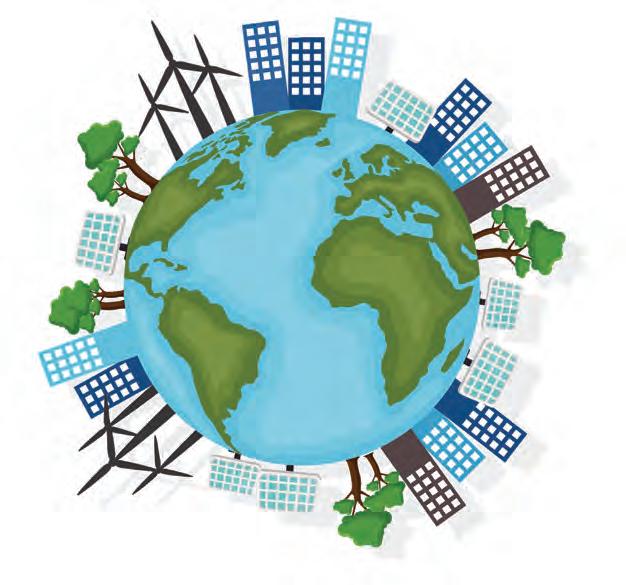
June also saw FIDIC speaking out in support of the Black Lives Matter movement following the unfolding protests in the United States, United Kingdom and across world as a result of the killing of George Floyd. In an impassioned statement, FIDIC CEO Nelson Ogunshakin expressed his views on the tragedy and made a powerful call for more diversity and inclusion, making the point that society still has long way to go before real and sustainable change can exist in the world. July was a month of relaunches for seven of FIDIC’s committees and the chairs and vice chairs of the newly revamped committees all met online for the first time. The meeting on Zoom was a diverse global gathering of industry leaders who heard from FIDIC president Bill Howard, board member Tony Barry and CEO Nelson Ogunshakin talk about plans for FIDIC’s committees following the detailed and thorough review undertaken to improve the organisation’s lobbying and advocacy efforts.


In August, FIDIC announced the arrangements for its general assembly meeting and conference, which will take place virtually for the first time. The pandemic has radically altered the meetings landscape and FIDIC has had to find new ways of engaging with its members and the wider industry. The investment the organisation has made in its digital capability and resource has certainly paid off in recent months and is set to stand FIDIC in good stead for the
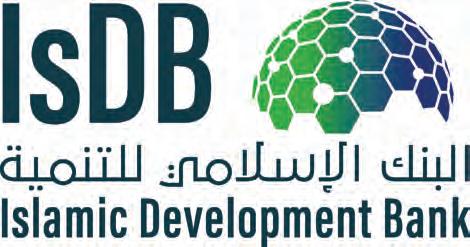

future. August also saw FIDIC’s work for the year come full circle with the announcement of yet another agreement with one of the multilateral development banks, this time the Islamic Development Bank, who a have signed up to a licencing agreement to use FIDIC contracts. So, a fitting end to the 2019-2020 year under review that has seen FIDIC extend its influence across the global infrastructure sector and respond positively to an unprecedented international crisis that is set to shape the world and the global construction and infrastructure sectors for many months to come.










